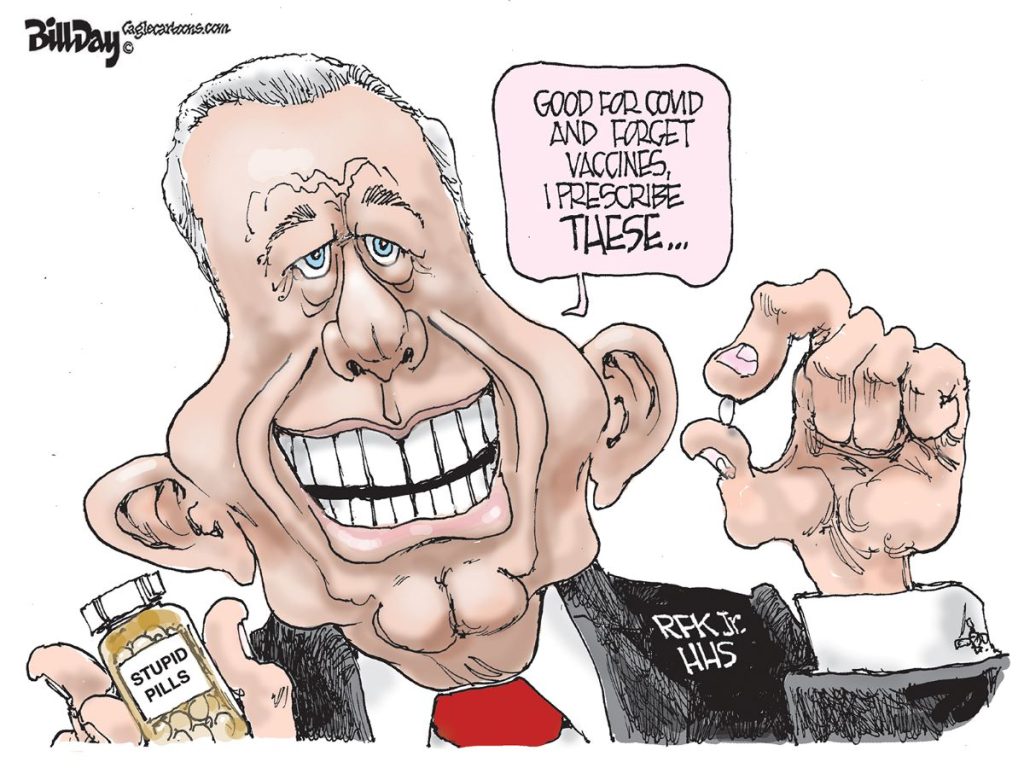What America’s cities need are more community organizers.
In cities like ours, these special people are often the threads holding together inner city neighborhoods. They are often the social entrepreneurs creating new programs to hold together the frayed fabric of their neighborhoods. They are often the only symbols of hope that exist in some of the most challenging circumstances in urban American.
Apparently, some people are so out of touch with urban American that they are unaware of the pivotal role that community organizers play in the life of our cities.
Faith In Community
Strangely, some of the people who seem inclined to denigrate community organizers are the same people who argue that faith-based organizations are most effective in dealing with the problems of our nation. The fact is that some of the most impressive stories of community organizers are those connected with African-American churches combating serious urban problems.
That shouldn’t be surprising, because where the poor is concerned, it has historically been the African-American church that has acted on a central message of their Christian faith: ‘If one of your countrymen becomes poor and is unable to support himself among you, help him…”
Then again, these churches have always taken special meaning from the fact that the Bible is filled with admonitions about providing justice and a helping hand to the poor, and their commitment is strengthened by the understanding that there are more references in the Bible to the poor than the rich.
Profiles In Courage
When we think of people who are acting as community organizers, we think of Saint Andrew African Methodist Episcopal (A.M.E.) Church, where Revs. Kenneth and Marilynn Robinson are redefining what a church can be with programs that are reaching more and more into the adjacent neighborhoods to improve the living conditions and lives of the people there.
We think of other churches, both white and black, like Idlewild Presbyterian Church, St. John’s United Methodist Church, World Overcomers Outreach Ministries Church and Hope Presbyterian Church that often are essentially acting as community organizers.
We think of the grassroots-oriented work by Jacob Flowers of the Mid-South Peace and Justice Center that ranges from community gardens, meals for the homeless and voter advocacy. Whether you agree or not with the positions of the Peace and Justice Center, Memphis is well-served by its focus on issues too often overlooked by the political and economic interests in our city.
Organizing Lessons
By the way, if you want to learn the fundamental skills of community organizing, the center is offering an eight-week course beginning September 16 that deals with “power analysis, strategic planning, public speaking, planning a variety of public events, fundraising for justice, working with local media, becoming your own media, coalition-building, and transforming conflicts.”
When we think of community organizers, we think of Albert Crawford, who died a year ago after devoting his life to strengthening his Airways-Lamar neighborhood. Mr. Crawford was always a quiet force for improving his neighborhood although most people had written it off, and because of his community organizing, the area fought the economic forces that threatened it.
We think of Rebekah Jordan, a founder of the Mid-South Interfaith Network for Economic Justice, whose persistence and organizational skills led to formation of the Living Wage Coalition. Defying most predictions, her community organizing resulted in City of Memphis and Shelby County Governments passing policies requiring their employees to be paid a living wage.
High Impact
We think of Reginald Milton, founder and executive director of the South Memphis Alliance, who spending every day fighting the problems, harnessing the energies and providing the services that give neighborhoods a fighting chance. It has developed HIV/AIDS, anger management and conflict resolution and sexual responsibility programs for youths; places where teenagers can go for help and safety; literacy classes to reduce the cycle of poverty and training to teach citizen engagement.
We think of the numerous people in community development corporations across our city who use their community-based work and their unique relationships with their neighborhoods to create better housing and jobs.
In other words, based on what is taking place in Memphis and in countless urban neighborhoods across America, there’s no excuse for community organizing to become a demeaning punch line for some politicians. These organizers simply have too much impact and too much importance for too many neighborhoods.
Citizen Power
The point is underscored this week on Smart City radio, where nationally-known community organizer Harry C. Boyte talks about his new book, The Citizen Solution, which links organizers’ work in neighborhoods to a “citizen movement” and part of the U.S. tradition of populism.
Like community organizers everywhere, he believes that energized, mobilized citizens are more powerful than the politically-motivated politicians who act too slowly to address the needs of the poor and their neighborhoods. It’s in this way, Mr. Boyte said, that citizens can change the face of American by focusing on issues close to home.
It’s inarguable to us. The proof of community organizing in Memphis is too obvious and too compelling, not to mention too vital to our future.
That’s why political smears that demean community organizers are more than manipulative. They are just plain stupid.


